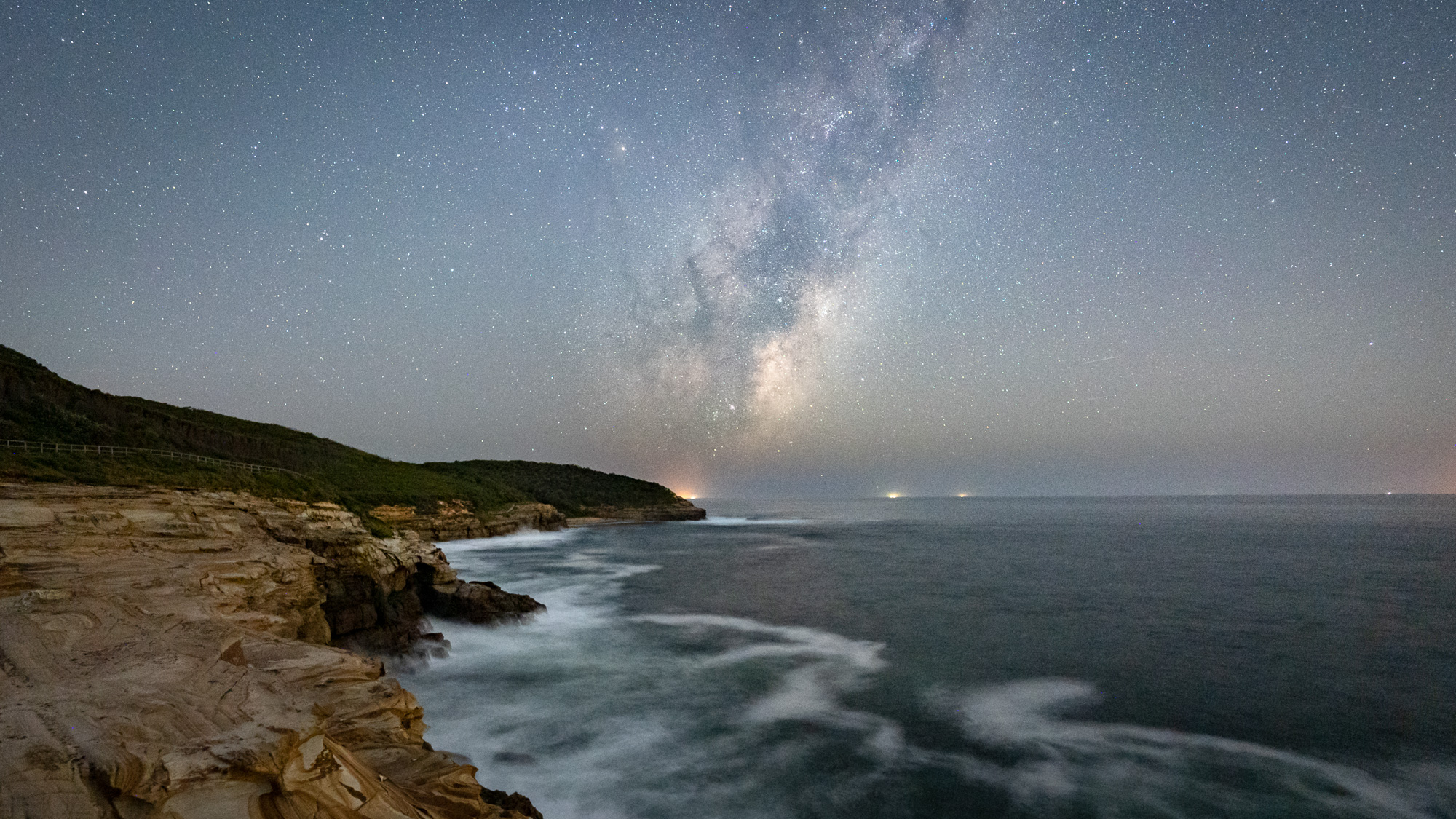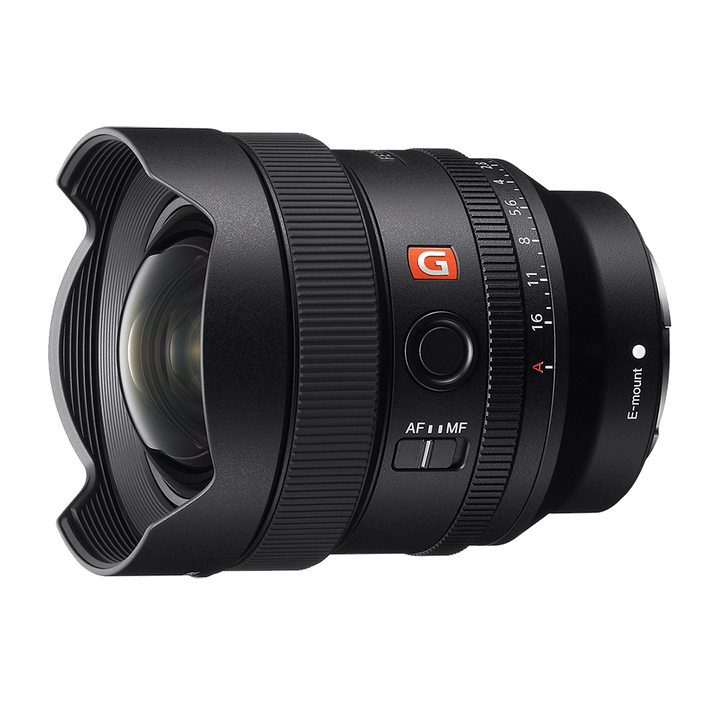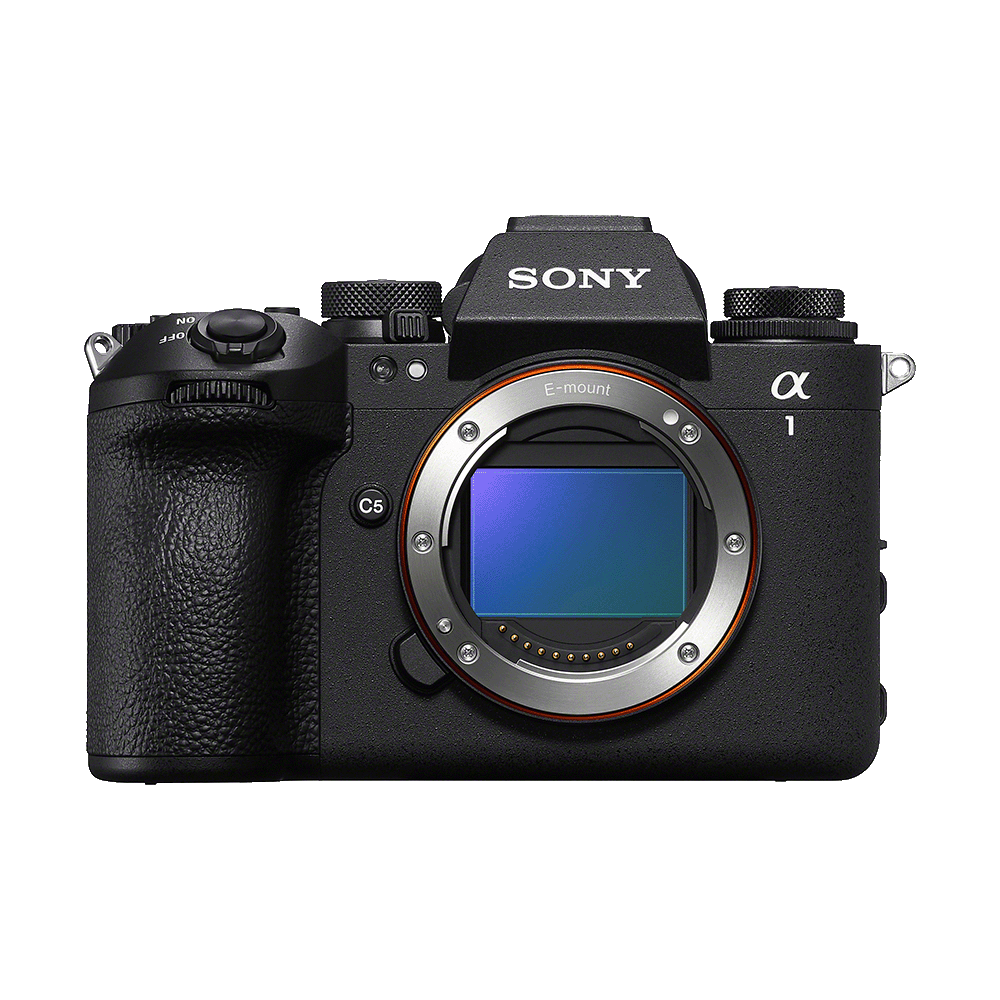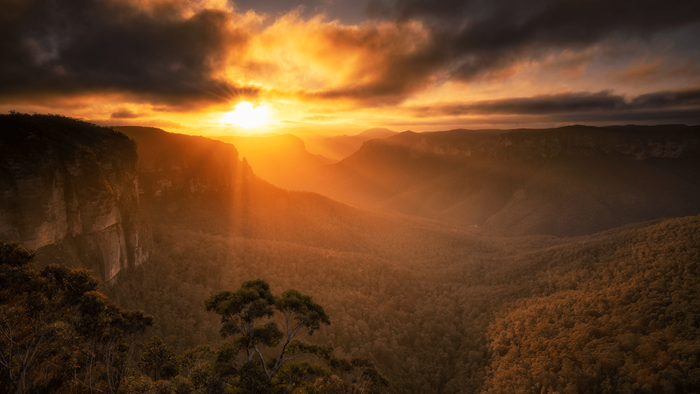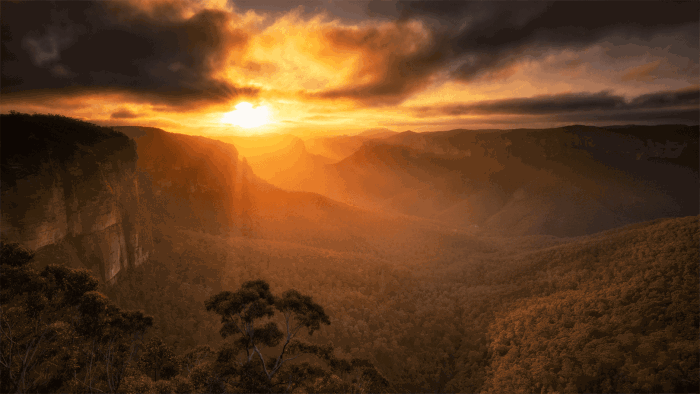About the event
Join Sony Digital Imaging Advocate Jay Evans for a one-of-a-kind astrophotography experience at Bouddi National Park on the Central Coast! This event takes place on one of the best nights of the year to capture the Milky Way rising alongside a delicate crescent moon—a celestial spectacle set against the breathtaking sandstone cliffs and pristine coastline.
Immerse yourself in the magic of night photography, learning to capture stunning Milky Way compositions while honing your skills in astroscape lighting, long exposures, and creative framing. With its dramatic rock formations, secluded beaches, and clear night skies, Bouddi provides the perfect backdrop for an unforgettable astrophotography session.
What You’ll Learn
🌌 Mastering Astrophotography – Techniques for capturing the Milky Way, moonrise, and star trails.
📷 Essential Camera Settings & Techniques – Long exposures, focus stacking, and dealing with low-light conditions.
🔦 Astroscape Lighting – Using light to highlight the intricate textures of sandstone cliffs.
📍 Composition & Storytelling – How to find and frame unique nightscape shots.
⚡ Night Photography Tips & Tricks – Managing lens fog, working in cold conditions, and best practices for shooting under the stars.
📷 Sony Digital Imaging Equipment – Hands-on experience* with some of the latest Sony gear (subject to availability).
Event Details
🗓 Date & Time: Midnight, Tuesday 25th February (Evening of Monday 24th into early Tuesday morning)
📍 Location: Bouddi National Park, Central Coast, NSW
🎒 What to Bring: Camera, wide-angle lens, sturdy tripod, headlamp, remote shutter release, extra batteries, memory cards, warm clothing.
Astro Conditions & Itinerary
🌙 Galactic Core Visible – 00:52 AM to 05:12 AM
☀ Sunrise – 06:39 AM
🌦 Weather Dependent – The event will proceed even if skies are cloudy, as we can explore light painting techniques around Putty Beach and the coastal walk. However, in the case of heavy rain or storms, the event will be postponed or canceled.
🚗 Parking – Park at the end of Putty Beach Road in Bouddi National Park (use the pin below for navigation):
📍 Google Maps Link
Fitness Level
This session involves moderate walking on sandy and rocky terrain. Check the grading system for guidance:
- Grade 1 – Easy access, suitable for all.
- Grade 2 – Some walking, small formed stairs with handrails.
- Grade 3 – Short bushwalks (<5km), some inclines, stairs, and uneven terrain.
- Grade 4 – Longer walks (<10km), steeper inclines, rough terrain, and moderate fitness required.
- Grade 5 – Remote bushwalking, rugged terrain, experienced hikers only.
Licensed & Accredited
Jay is a licensed photography tour operator under an NSW National Parks Eco Pass License # LIC20/116 and holds Remote Area First Aid Accreditation.
🌿 Acknowledgement of Country
We acknowledge the Gundungurra, Dharug, Wiradjuri, Darkinjung, and Thawawal peoples as the Traditional Custodians of this land and pay our respects to Elders past, present, and emerging.
Will Sony Equipment Be Available?
From time to time, Sony Digital Imaging gear may be available for hands-on use. Availability depends on Sony’s loan stock and logistics. Let me know in advance if you’d like to try specific gear!
Why Is There a Fee?
Your booking fee helps cover essential costs, including:
✅ National Park Entry Fees ($4.64 per person per day)
✅ NSW National Parks Eco Pass License Fees
✅ Public Liability Insurance (for bushwalking and wilderness activities)
✅ Experienced & Accredited Guide & Photography Educator
✅ Other operational costs (permits, administration, and logistics)
Join Us!
This is a rare opportunity to capture the Milky Way rising alongside a crescent moon over one of Australia’s most stunning coastal landscapes. Whether you’re a beginner or an advanced astrophotographer, you’ll leave with new skills, breathtaking images, and an unforgettable experience under the stars.
🔗 Book Now – Limited Spots Available!
Techniques covered
- Night shooting safety
- Locating the Milky Way
- Quick Milky Way settings
- Focusing in the dark
- Night shooting etiquette
- Looking for the Unique
- Managing Lens Fog
What to bring
- MOST IMPORTANT - Working Headlamp or torch (no mobile phone torches please!)
- A camera with Manual controls and interchangeable lenses
- Lenses suitable for astrophotography (between 12mm & 24mm preferably with f/2.8 or faster)
- Remote shutter for camera
- Sturdy Tripod
- A small towel to cover your camera
- Warm Layered clothing, beanie or other warm headwear, and warm socks/shoes or boots
- Firm and grippy footwear is strongly recommended as we will be traversing rocky cliff tops along the coastline.


